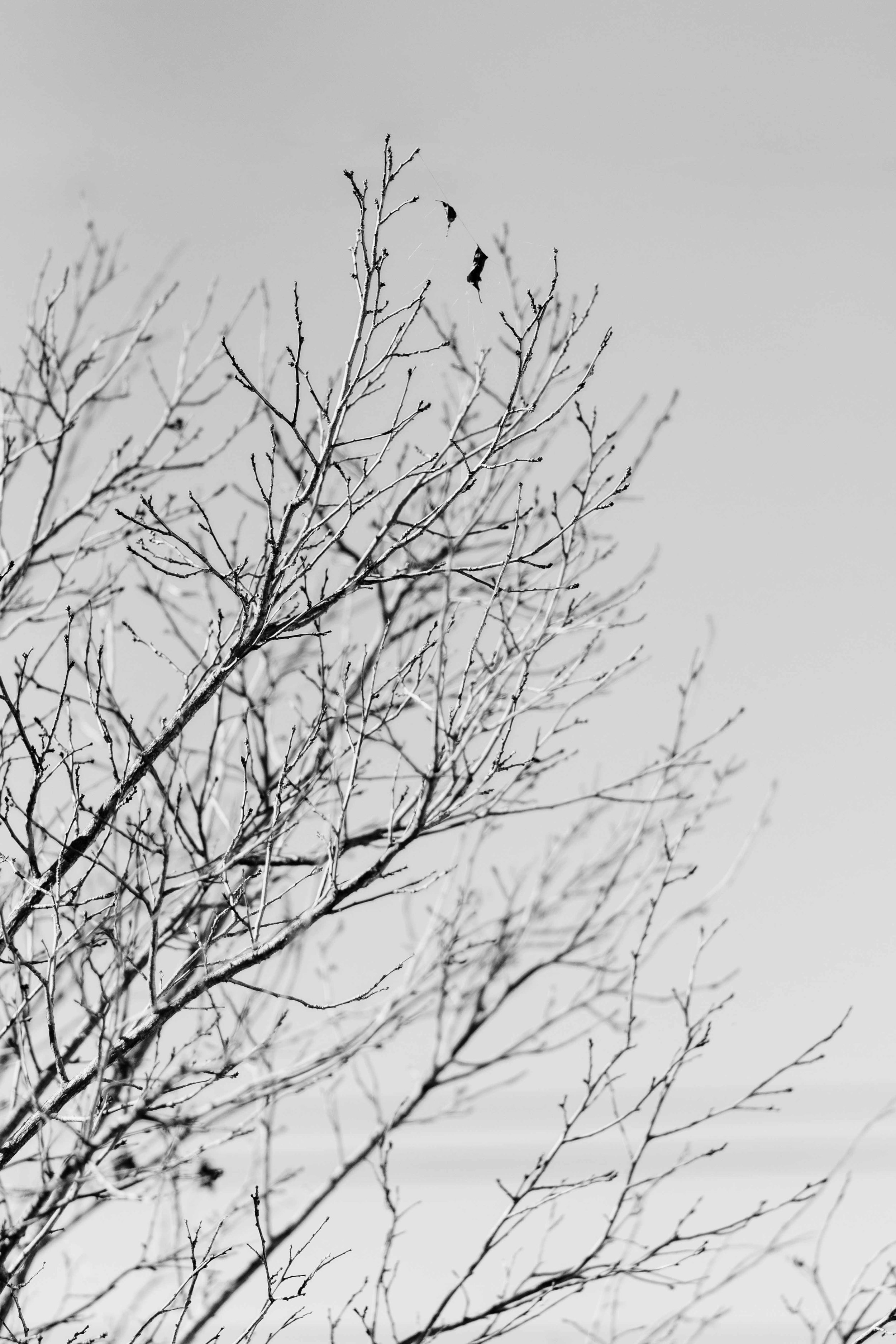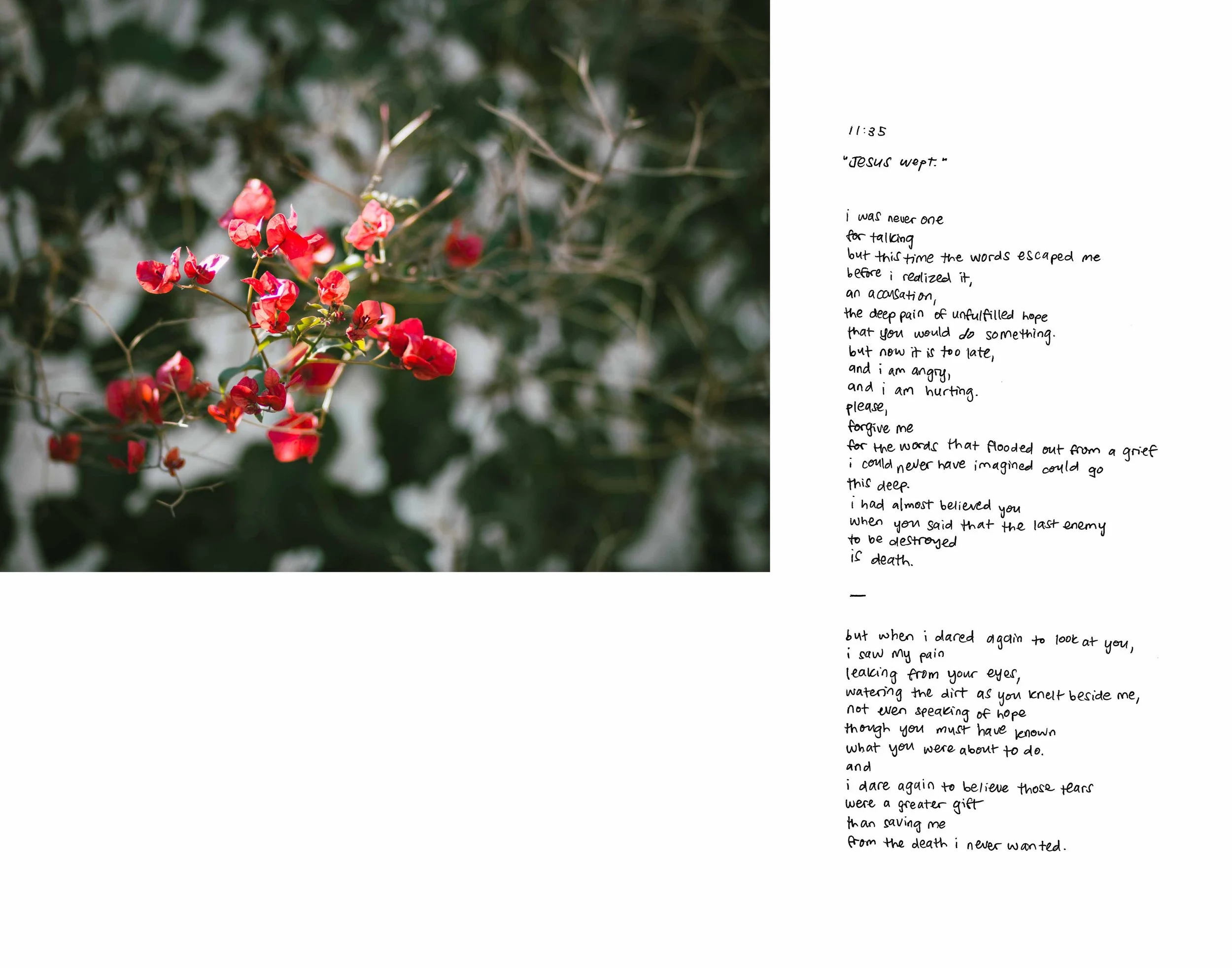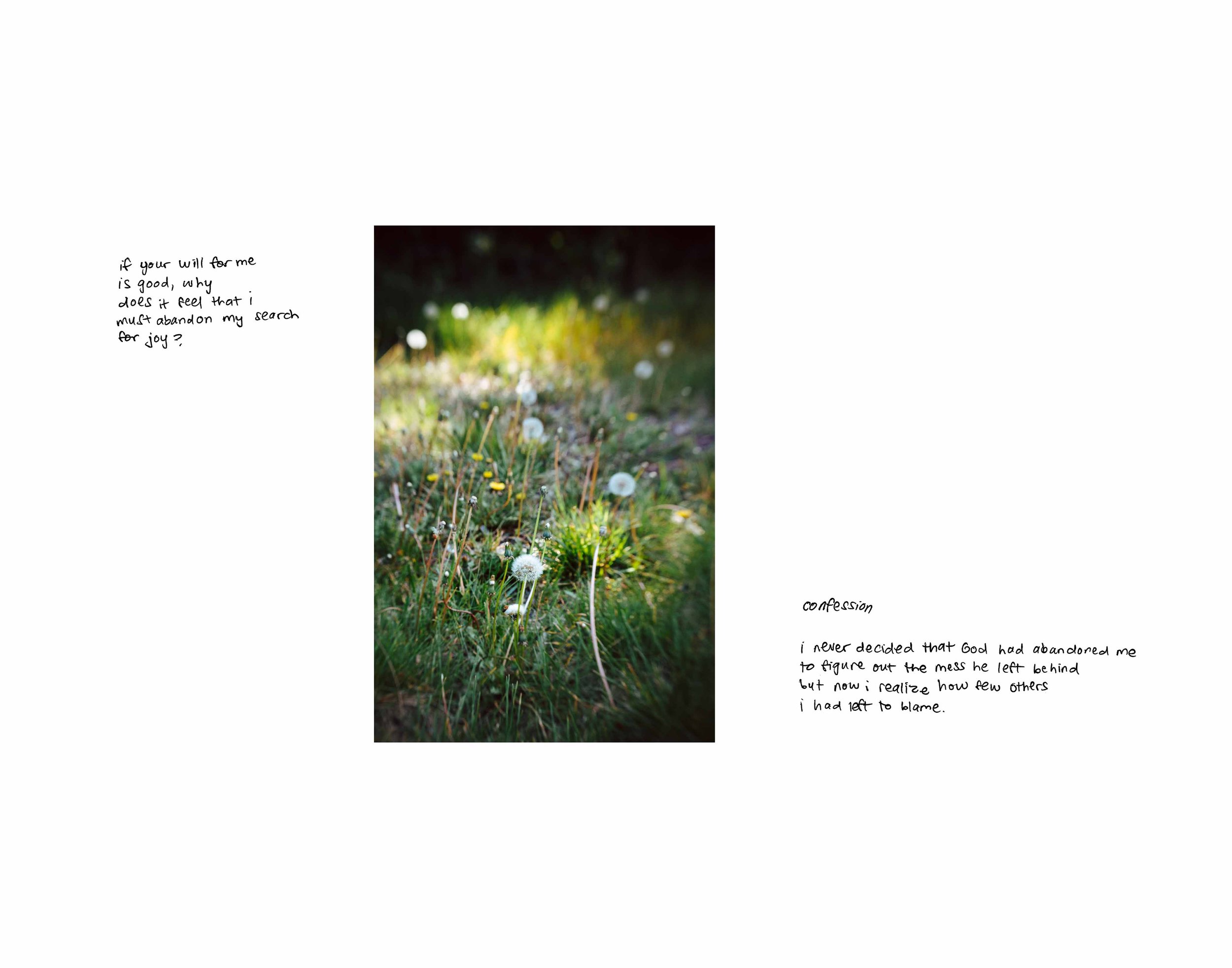
Apokálypsis
Apokálypsis is a book of poetry and photography completed in 2022. It was displayed in the juried group show “Peace, Be Still: Artists of Faith Respond to an Anxious Age” at the Earl and Virginia Green Art Gallery at Biola University (October 25–November 23, 2022) and at Upside Down LA (January 28–March 24, 2023).
From the Introduction
On December 31, 2019, the world held its breath in anticipation of a new year, a new decade. News headlines were full of proclamations about “the year of 20/20 vision” and the hope of recreating another Roaring ‘20s in the decade ahead.
We had no idea what was to come.
On December 31, 2020, the world groaned in weary relief that this apocalypse of a year was over.
The word “apocalypse” comes from the Greek apokálypsis, meaning “uncovering, disclosure, or revelation.” Reflecting back on 2020, I wonder whether it was indeed a year of vision, but of the apocalyptic kind. In 2020, we saw clearly, perhaps for the first time, the pervading brokenness in our world, our country, our families and relationships, and our own hearts. It was a year of revealing what we otherwise would have continued to ignore.
And with the revealing came loss. In my own life, the death of my uncle only a few days into the new year was the first of a string of losses that extended beyond 2020 all the way to this point in 2022 (and who knows, maybe it isn’t even over yet).
Towards the end of 2020, I started writing poems using words and memories from my journals that year, as a way of processing what I could not express even in those journal entries. Each poem contained four randomly chosen words from four consecutive days. Initially, I made a goal to write a poem every day for a month. After that was over, I decided to continue the practice, writing 91 in total, each representing four days of 2020 through the selected words I challenged myself to include.
After several long pauses, I finally finished writing all 91 in January 2022. The best ones are included here, along with a few poems written earlier in 2020 that weren’t part of the journal-based project but were still very much a part of the process of reflecting, grieving, and waiting that happened that year.
All of us experienced loss differently in 2020, but we all experienced it. May you find something of yourself in these words, and may they accompany you in your own journey of wrestling with what was revealed in 2020, and what is continuing to be uncovered in the slow process of learning how to live after loss.
March 2022















